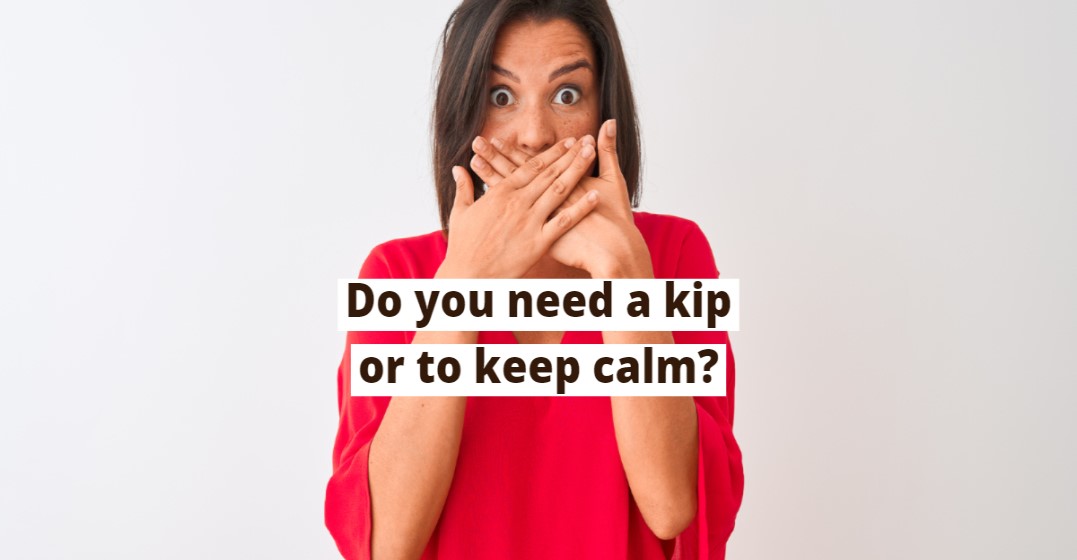by Laura Jones
Updated on November 10, 2022
Ever told your English friends you wanted to go to the bitch? Or asked for a piss of cake?
Every nationality has different problems when it comes to English pronunciation. But one thing most English learners can agree on is that it’s really hard to distinguish a ship from a sheep or a shit from a sheet.
Pronunciation is a neglected topic in many language lessons but it’s vitally important in making sure people understand you. Your grammar and vocabulary might be top notch, but pronounce it wrong and you’re likely to meet a lot of confused people. Or, make a lot of people chuckle by telling them you crossed the harbour by sheep.
Read on to learn a bit more about pronouncing long and short vowel sounds in English.
Long vowel sounds are pronounced like the letters of the alphabet. So, if you can pronounce a e i o u (as in abcdefg…) then you can pronounce long vowel sounds. We see these long vowels in words like ate, eat, bite, boat, and use. They are called long vowel sounds because we hold them for longer than the short sounds.
Short vowels do not sound like their letter in the alphabet. They are more common than long vowel sounds. We see short vowels in words like bat, red, fit, hot, and cut.
It’s important to remember that long and short vowel sounds are completely different. As you can see above, long vowels are not just longer versions of the short vowel.
English speakers use long and short vowel sounds to distinguish between otherwise similar words. This is when it becomes really important to know your fit from your feet. A good way to practise long and short vowel sounds is by using minimal pairs like fit and feet.
Plan – plane
Bet – beat
Lick – like
Not – note
Cut – cute
Bitch or beach?
The most common mistake is with the short i and long e sounds. This is often because, in many European languages, i is pronounced ee. There are lots of pairs of words you can practise to learn the difference between the two sounds. First, you should think about the position of your mouth and your tongue. When you make the ee sound, your tongue should be in the middle of your mouth, and the corners of your mouth should lift a little, like a smile. English speakers often say “cheese” when they’re having a photo taken and this is because it puts a smile on their faces. When you make the i sound, your tongue and jaw drop just a little.
That probably sounds complicated, so to begin with just remember that you smile at the beach but not at a bitch. Now practise with these pairs of words:
Tin – teen
Sin – seen
Kip – keep
Twit – tweet
Shit – sheet
Bitch – beach
Try some longer sentences with these pronunciation sounds. The first sentence has a short vowel sound. The second has a long vowel sound.
The dog is licking me. The roof is leaking.
Look at that ship! Look at that sheep!
What chubby chicks! What chubby cheeks!
I need to fill my glass. I need to feel better.
I need a kip. I need to keep calm.
Don’t call me a twit. Don’t tweet about me.
I’m not going to be a bitch. I’m not going to the beach.
This shit is crazy! This sheet is too short.
Take a look at The Italian man who went to Malta for a giggle about how long and short vowels can go drastically wrong. And remember that most non-native speakers will, one day, ask for a shit on my bed or a piss of toast and give the English speakers around them a good giggle. Except for those Scandinavians out there; those lucky sons of beaches don’t seem to have any problems with English.
